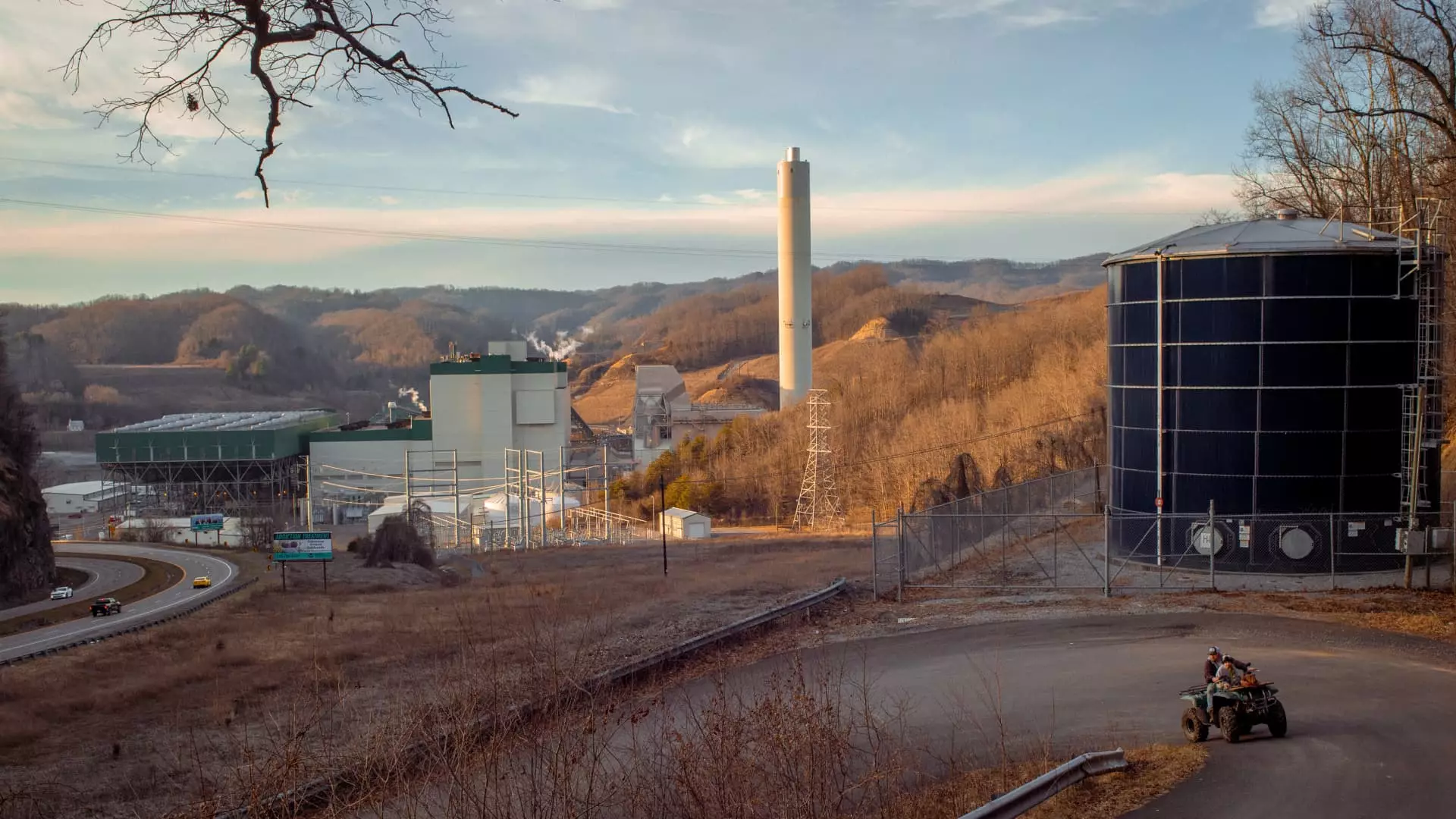Dominion Energy and the Future of Small Modular Nuclear Reactors

Dominion Energy’s recent discussions with various technology companies signal a pivotal movement towards the advancement of small modular nuclear reactors (SMRs). This effort follows a notable partnership with Amazon aimed at exploring the potential of this innovative energy solution. In a world increasingly focused on carbon reduction and sustainable energy sources, the collaboration between utility providers and tech giants underscores the urgency and importance of developing next-generation nuclear technologies.
During a recent earnings call, Dominion CEO Robert Blue expressed optimism about the growing interest from large energy consumers, particularly technology firms, in investing in SMR initiatives. This sentiment reflects a broader recognition within the tech industry of the critical role that reliable and carbon-free electricity plays in their operations—especially as they scale up, fueled by immense energy demands found in data centers and artificial intelligence applications.
With Virginia’s notable support for nuclear energy, it stands as a prime candidate for initiatives aimed at deploying small modular reactors. Blue emphasized the state’s bipartisan support, making it a favorable environment for the introduction of new nuclear technologies. The agreement between Dominion and Amazon to explore the construction of an SMR near the North Anna nuclear station could usher in a new era of energy generation for Virginia, promising an additional 300 megawatts of power.
This support is not only crucial from a legislative standpoint but serves as a harbinger for other states contemplating similar strategies in enhancing their energy portfolios. Such collaborations can pave the way for a robust nuclear framework that meets both consumer demands and environmental standards.
Financial Viability and Technological Challenges
The allure of small modular reactors lies in their potential to streamline nuclear construction. They promise reduced capital costs and quicker deployment timelines, elements that have historically plagued large nuclear projects. The smaller footprint of SMRs presents a significant advantage, offering flexibility in placement and potentially mitigating community resistance often associated with traditional reactors.
However, despite their promise, small modular reactors have yet to reach a commercial viability stage in the United States. The absence of operational SMRs presents a critical hurdle; it raises questions about regulatory frameworks, public perception, and the industrial investment required to bring these technologies to fruition. While tech companies like Amazon, Microsoft, and Google are vested in advancing nuclear power solutions to fulfill their energy needs, the overall effectiveness of these discussions will depend on overcoming the adversities that have kept similar projects from succeeding.
As discussions unfold between Dominion Energy and tech entities pursuing nuclear innovation, the fusion of these two sectors could signal a shift towards a sustainable energy future. For many technology firms, partnering with an experienced utility like Dominion could represent not just a power source, but a collaborative framework to tackle the dual challenges of energy needs and environmental impacts.
As the energy landscape continues to evolve, the discourse surrounding small modular reactors and strategic partnerships amongst utilities and tech leaders will undoubtedly play a crucial role. Whether this novel approach can reshape the nuclear narrative and yield tangible results remains to be seen, but the momentum generated by these alliances could very well be a key catalyst in ushering cleaner, more reliable energy solutions into the mainstream.





